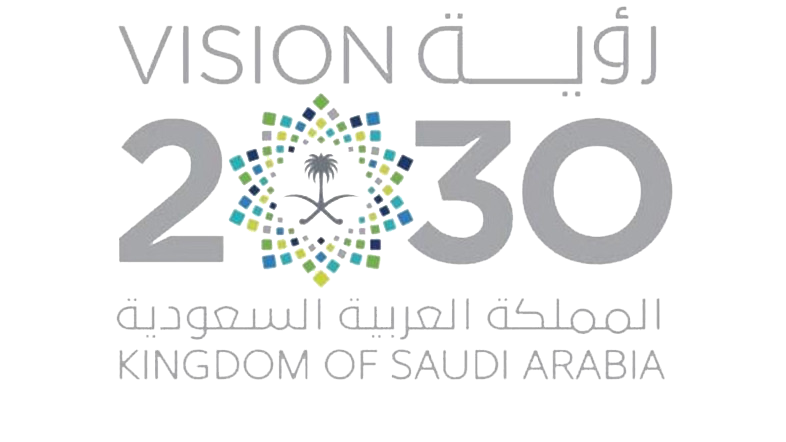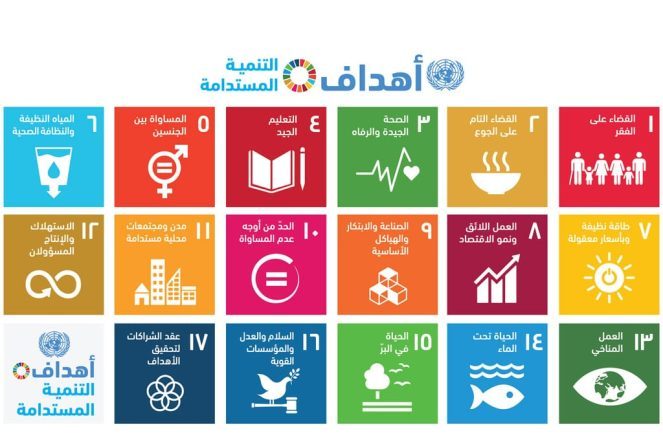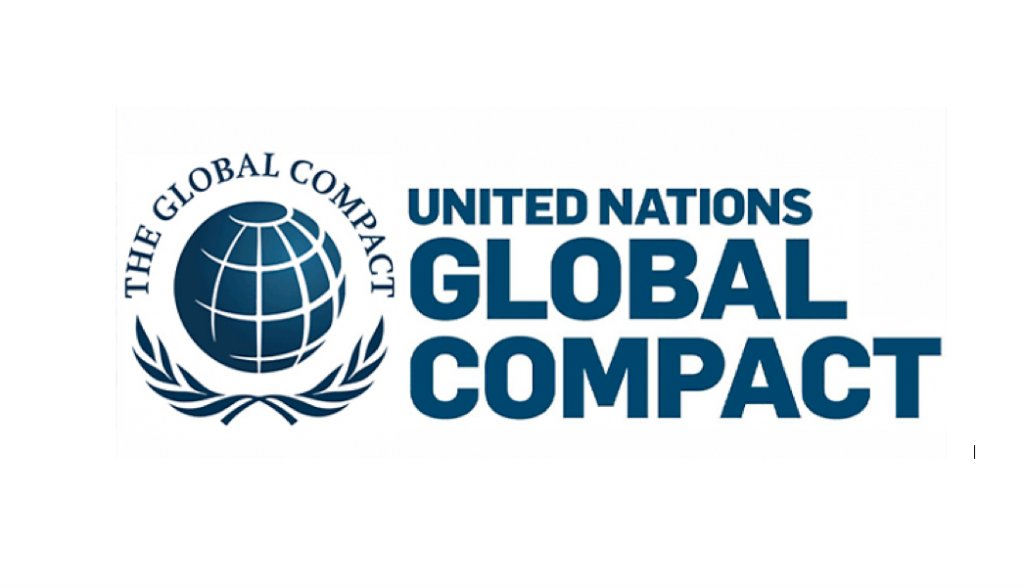Sustainability:
At Alian Industries, sustainability is at the core of our strategies and operations, ensuring we deliver lasting value to our stakeholders while enhancing our performance in social and environmental responsibility.
We have intensified our efforts to reduce our carbon footprint and minimize the environmental impacts of our business activities. We apply circular economy principles throughout all stages of our value chains, ensuring the highest standards of ethics, safety, and sustainability in all our activities, including the production of ready-mix and green concrete, as well as M2 materials for modern construction methods. Our efforts align with the United Nations’ Sustainable Development Goals, and we actively collaborate with our suppliers and customers to enhance sustainability performance and provide innovative solutions that reduce environmental impact, striving for a greener and more sustainable future for all.
We aspire to lead in sustainability practices, aiming to be a pioneer in the production and supply of ready-mix and green concrete, as well as M2 materials for modern construction methods. We are committed to achieving excellence in both business and sustainability while upholding high standards of ethics, integrity, and governance. This commitment is reflected in our operations through efficiency, productivity management, optimal resource utilization, investment in our employees, and the creation of opportunities—all while adhering to relevant policies and regulations. At the same time, we are dedicated to balancing the growth of our business with the development of the local communities in which we operate.
Our strategy guides how we address sustainability challenges faced by us and our clients in today’s dynamic construction sector. As a result of our materiality analysis, we have identified key themes and priority issues for Ilyan. Our stakeholders expect us to excel in governance, business ethics, compliance, product management, energy efficiency, emission reduction, and the environmental assessment of our suppliers.

Economical Transport Fleet
We transport construction materials and equipment to sites using efficient, low-emission vehicles, combined with effective route planning to reduce travel distances, significantly cutting emissions and fuel consumption.

Sustainable Construction

Energy Improvement:
Enhanced thermal insulation improves energy efficiency, which in turn reduces indirect CO₂ emissions during the operational phase of buildings and structures.

Material Reuse

Sustainable Water Use
Saudi Vision 2030
Sustainability is a fundamental pillar of Saudi Vision 2030. The Kingdom is committed to achieving net-zero carbon emissions by 2060. With a firm commitment to clean energy and sustainability, Saudi Arabia is taking confident steps to address energy challenges and climate change through innovative solutions, including carbon circular economy practices and diversifying energy sources. The goal is for renewable energy to account for 50% of its energy consumption by 2030.

The United Nations Sustainable Development Goals (SDGs) are the result of collective international efforts to achieve a more sustainable future for all. This framework consists of 17 comprehensive goals that address the global environmental, social, and economic challenges we face today. The unified focus of these goals is inclusivity, ensuring that no one is left behind. The aim is to accomplish all the specified goals by the year 2030.

The United Nations Global Compact is a set of guidelines issued by the UN to encourage companies worldwide to adopt sustainable and socially responsible policies and to report on their implementation. The Compact calls on all businesses to align their strategies and operations with global principles on human rights, labor, environment, and anti-corruption, and to take actions that advance societal goals.

